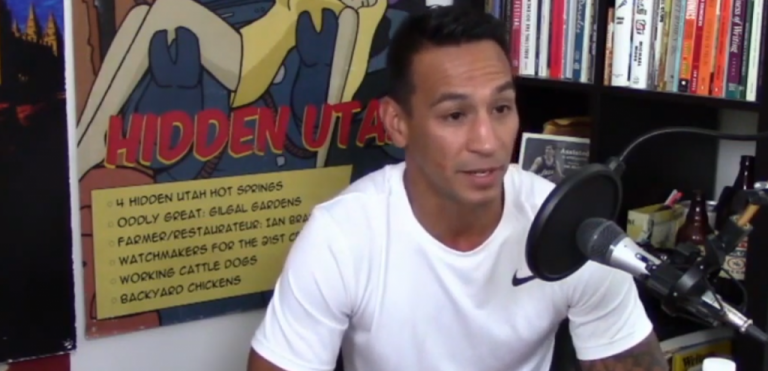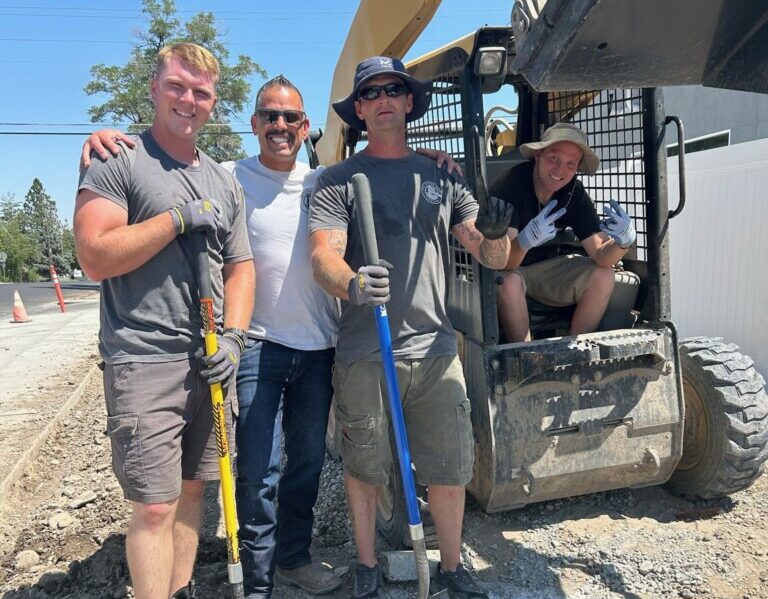It takes a special kind of person to get into a Mixed Martial Arts ring. To willingly take a powerful punch to the face that can cause a concussion, black eyes, bloody nose or a knockout, makes for an arena where only the toughest of the tough need apply.
Bobby King
Bobby King is one of these tough fighters. He attributes his toughness to growing up with older brothers. “We used to fight all the time. And not “play fighting, but fist fighting,” says King, who grew up in Hawaii.
King is a rising star in Utah’s MMA scene, fighting in a very difficult 145 pound featherweight class. I spoke to Bobby King about his training regimen, his diet (and the importance of diet in MMA, with practically no sugar and extremely low carbs), and what it takes to compete in the Legacy Fighting Alliance (LFA), which hosts fights not only in Utah but in Las Vegas, California and Colorado.
Small vs. major league
King and I also discussed how these new leagues are offering fighters in smaller markets and mid-sized cities, such as Salt Lake City, greater opportunities. Fighters in smaller leagues can train and move up the ranks for the hope of one day fighting in the most popular leagues such as the Ultimate Fighting Championship (AKA UFC) or Bellator.
“Of course everyone wants to fight in the major leagues,” says King. But what King has found in Utah is a strong MMA community, with gyms and devoted fighters training extremely hard in the top martial arts categories.
King operates a gym in Salt Lake County. Ju Jitsu and Gracie Brazilian-style Ju Jitsu provide the fighters with the baseline of knowledge and training. Only some students actually decide to compete (and accept the full force and power of punches to the face).
King says that Utah’s Legacy Fighting Alliance is gaining a reputation for producing some excellent fighters. King is ranked fourth in his featherweight division in Utah. He recently competed at the Maverick Center beating Westin Wilson.
Listen to the podcast below:
FOR MORE UTAH STORIES PODCASTS GO HERE.
![]()
![]()






